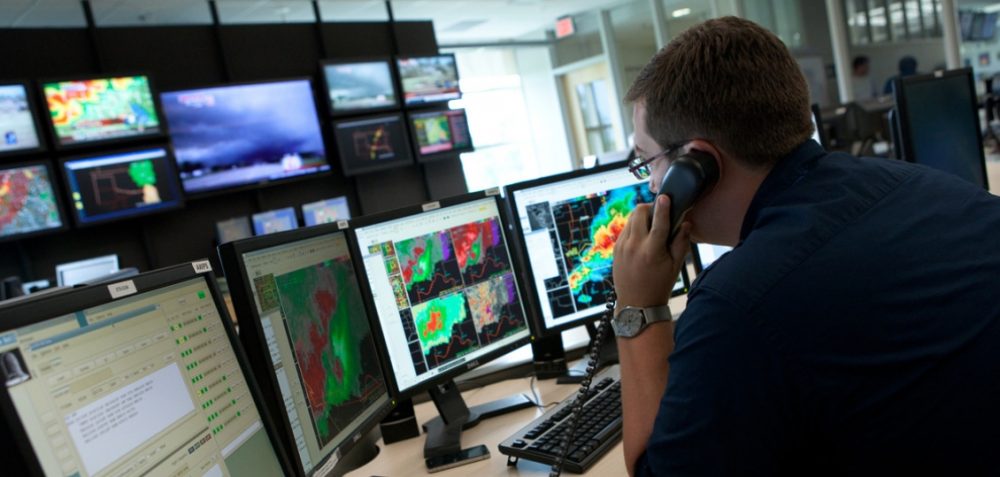Opportunity, Children the Focus of Responses to the Unaccompanied Minor Crisis
In any discussion about the spike in the number of unaccompanied children crossing the southern United States border, numbers are plentiful. To date in 2014, Customs and Border Protection has apprehended more than 60,000 unaccompanied children. Most of these children have come from Honduras, Guatemala, El Salvador, and Mexico (in that order). But as Katie […]
In any discussion about the spike in the number of unaccompanied children crossing the southern United States border, numbers are plentiful.
To date in 2014, Customs and Border Protection has apprehended more than 60,000 unaccompanied children.
Most of these children have come from Honduras, Guatemala, El Salvador, and Mexico (in that order).
But as Katie Oldaker, Director of Disaster Response, Catholic Charities USA put it, “our worry is that the migrating children are being viewed more as a statistic, and there isn’t really a human face.”
Her sentiment was echoed by Tara Magner, Program Officer, Policy Research Area of U.S. Programs, John D. and Catherine T. MacArthur Foundation.
“At the root of this issue are children fleeing from very, very dangerous circumstances,” Magner said.
Capt. Cameron Naron, chief of staff of the Interagency Unaccompanied Children Influx, Unified Coordination Group, on special assignment to FEMA, joined Oldaker and Magner as panelists at the Center for Disaster Philanthropy’s Aug. 6 webinar, Donor Opportunities in the Unaccompanied Minor Crisis, sponsored by the UPS Foundation.
Unaccompanied children arriving in the United States is not a new issue, but in 2012, the numbers began to increase, and during the past year, the spike strained responding agencies beyond capacity. When a child is apprehended, they are processed by Customs and Border Protection, then turned over to the Office of Refugee Resettlement, which houses the children in shelters, until they are deported or placed with a sponsor. Naron noted that while earlier this year, there were so many incoming children that it created a processing backlog at Customs and Border Protection, that is not the case anymore.
“At the beginning of this response, shelters were overwhelmed,” Naron said. “Today, there is not a backlog of children in Customs and Border Patrol custody, because of the coordinated work that has been brought to bear in this event.”
Naron added that while there is no current backlog, responding federal agencies anticipate there will be surges in unaccompanied children crossing the border, and are preparing for that situation. FEMA is coordinating the federal agency response, which includes the Department of Defense, Department of Homeland Security, Department of Health and Human Services, and others.
The legal deportation process can take months or years, and is extremely complex.
“The children we are speaking about today would typically be filing a claim for asylum or special protections that congress has created through visa programs,” Magner said. “There is one for trafficking victims, one for victims of serious crimes and a special visa, called special immigrant juvenile status, for children who have been abused abandoned or neglected in their home countries.”
Private-sector responses to the unaccompanied minor influx have been wide and varied. Oldaker noted that the responses have in many cases been driven by local needs.
“There are seven local Catholic Charities agencies, from southern California through Texas, that have various levels of respite centers, with the largest being in McAllen, Texas,” Oldaker said.
That center, a partner effort through a Catholic Parish Hall, the City of McAllen, Save the Children, Salvation Army, and the local Health Department, sees about 200 people a day, Oldaker added. In totality, the Catholic Charities network has helped 14,000 children and families during the last two months.
Donors considering working in this crisis should realize that there is a wide array of areas to assist, Magner said.
The MacArthur Foundation and Grantmakers Concerned With Immigrants and Refugees, developed a lengthy list of needs for private philanthropy, including legal services, direct services (food, medical, shelter, interpreter services, long-term case workers or advocates assigned to children), and policy and research.
The MacArthur Foundation has worked primarily in research and policy arenas, funding a United Nations High Commission on Refugees report, Children on the Run, that examined why children were fleeing their home countries. A second research project, due out in the next several months, will examine the issues children are fleeing, but from the perspective of the countries of origin. MacArthur has also funded efforts and groups working with policy makers to ensure children have full and fair opportunity to seek protection.
Oldaker encouraged those looking to help to pursue local avenues, as the responses vary based on need within an area. Both Oldaker and Magner noted that while responses were concentrated in Texas and across the southwest, the needs extended nationally as children are transferred to shelters and sponsors around the U.S., and regardless of the child’s location, needs for legal and social services continue.
“It’s a broad issue and there’s something for everyone in it,” Magner said. “Funders can feel confidant knowing that what they are doing is helping to protect these children in some way.”
More like this
Reframing the Unaccompanied Minor Crisis from Politics to Humanity
